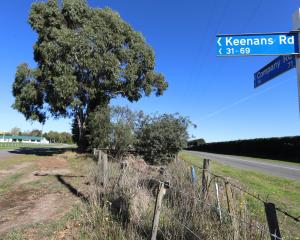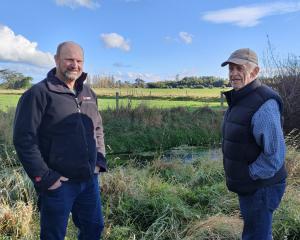
Thirty-seven hectares of Invercargill’s Donovan Park have been earmarked for potential alternative use, but there are some hoops to jump through before it is approved.
That includes creation of a proposal for revocation and sale, consultation with mana whenua and the Department of Conservation, approval from the full council, public consultation and a hearing, as well as a ministerial sign-off.
On Tuesday, the council’s community wellbeing and regulatory committee agreed a revocation process — which would remove the reserve status — could begin after the area’s reserve management plan is approved in May.
Various issues were raised about the land in question during debate, including where funds from a potential sale would end up and whether it was suitable to build on.
Mayor Nobby Clark said he had been approached by about 15 developers in the past 18 months who were interested in farmland at the park.
That included interest from aged-care and retirement developers, who said they would be willing to pay $1million a hectare, he said.
"We should be brave enough to take the chance that we get turned back on this, because the alternative is we just graze a few sheep on it at the moment, which is hardly productive use of such high-value land."

It also noted the matter had not been specifically addressed and another public notification would be required if the council decided to push on.
Donovan Park is a 79ha area at the northern end of Invercargill, home to farmland and a number of groups including a rugby club, nursery and organic garden.
The council has identified the agriculture and events areas of the park as those with the most potential for alternative land use, which includes housing.
If a portion of the land was sold, funds would likely be put aside by the council to go towards other reserves in the city.
■LDR is local body journalism co-funded by RNZ and NZ On Air.












